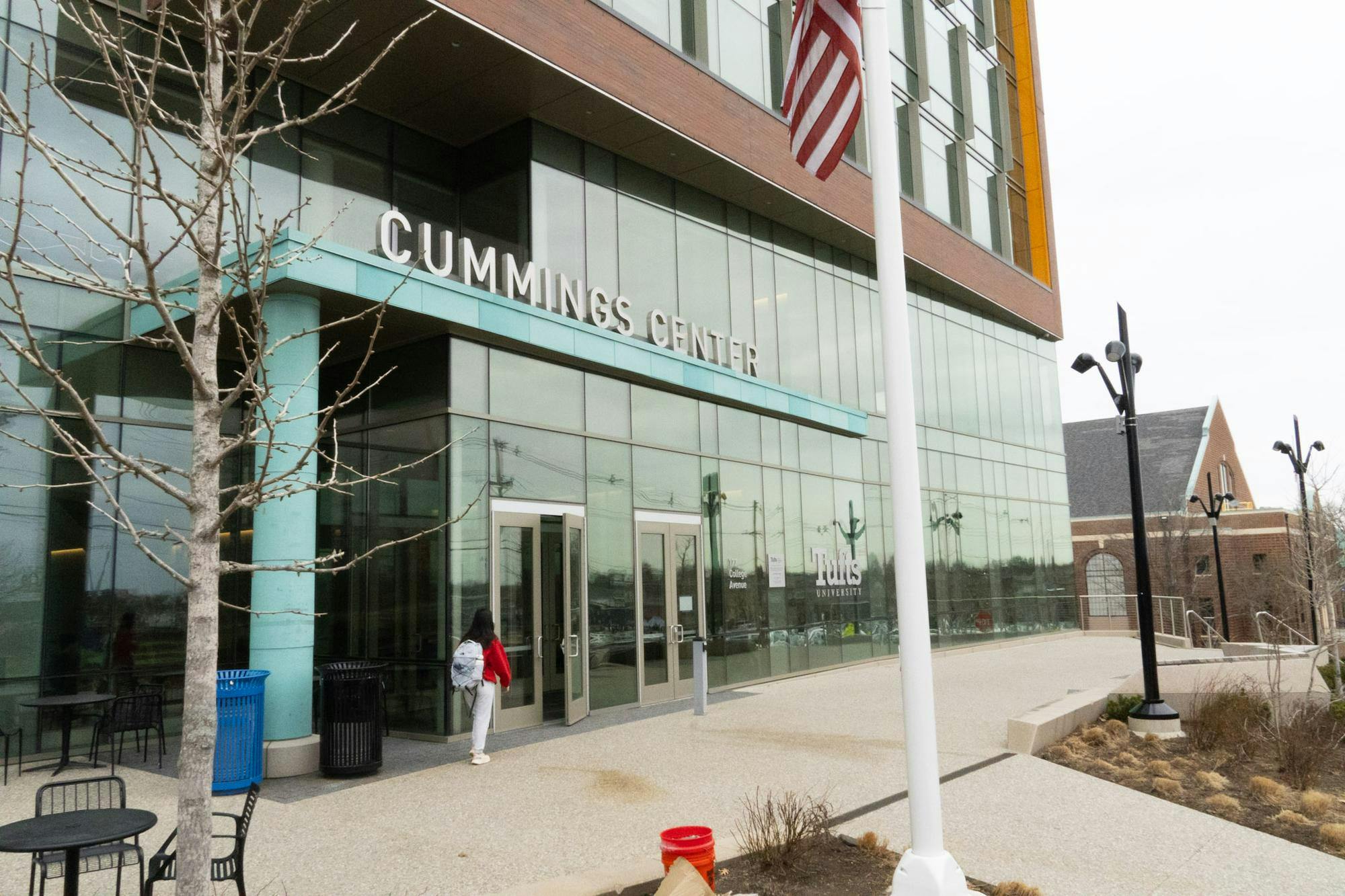In part 1, I outlined the Tufts Community Union Senate’s poor handling of the hearing. In part 2, I explain the takeaways from the hearing and what it means for the greater Tufts community.
As the “main governing body for Tufts undergraduate students,” the Senate has an obligation to uphold proper procedure, ensure equal treatment of all speakers and guarantee the factual accuracy of the proposed resolutions to facilitate representative and respectful dialogue. March 3 proved that the Senate is nothing more than an ethically bankrupt cohort of students. Though the Senate claimed that they took preparatory measures in advance of the hearing, it was clear that they were far from sufficient. The Senate could have asked for a larger presence of Tufts University Police Department officers and other Tufts officials. Additionally, the Senate could very well have asked members of the Office for Campus Life, who were on site, to help calm down the boisterous Coalition for Palestinian Liberation supporters.
Although the resolution to end approval for external study abroad programs in Israel became the first boycott, divestment and sanctions resolution voted down by the Senate in recent history, the passage of the remaining three resolutions is abhorrent. However, the fact that they passed isn’t the most shocking part — their margins of victory were very concerning. The third resolution was approved by a vote of 28–5–2. Even more shocking, the first resolution only failed to pass because of three tie-breaking abstentions. The anonymous voting created a lack of accountability among the Senators, as they could not be tied to their vote, something that could have revealed which Senators had the courage to condemn the overt antisemitism presented in the resolutions, and which lacked it. Instead, we got another dose of anonymity, giving Senators the same protection as masked supporters.
Given that all of the resolutions received some number of nay votes, I am confident that several members of the Senate refrained from buying the hateful rhetoric the resolutions represent. I applaud you for not succumbing to the undying foolishness of CPLT. Perhaps the decisions made by the Senate will compel you to question your role in the Senate altogether.
I am impressed with University President Sunil Kumar’s email in response to the vote on March 3. He appropriately acknowledged that grieving for all lives lost is possible and that antisemitic rhetoric has no place at Tufts. Despite these truths, CPLT continues to push one-sided, antisemitic rhetoric. The administration still has to adequately hold accountable those who allegedly engaged in antisemitic speech and conduct at the meeting. I am relieved that they’ve begun investigating. I hope that the investigation bears fruit.
The TCU Senate Executive Board also released a statement regarding the meeting. I appreciate their commitment to improving resolution procedures.
Even with the statements made by Kumar and the TCU Senate Executive Board, the results of the hearing should cause concern for any Tufts students who care about truth and ethics. However, the turnout at the protest that followed Kumar’s statement proves that many are on the side of these lies and moral wrongs. The resolutions clearly merited instant negation by the TCU Senate, yet they opted instead to veer on the side of lies. So long as the Senate remains on the same path, many students at Tufts will never be able to trust the Senate ever again. I long for that trust to be restored.
The TCU Senate was tested in regard to its moral clarity. It failed. I’m unsure I will ever be able to trust and respect them as an organization ever again.






